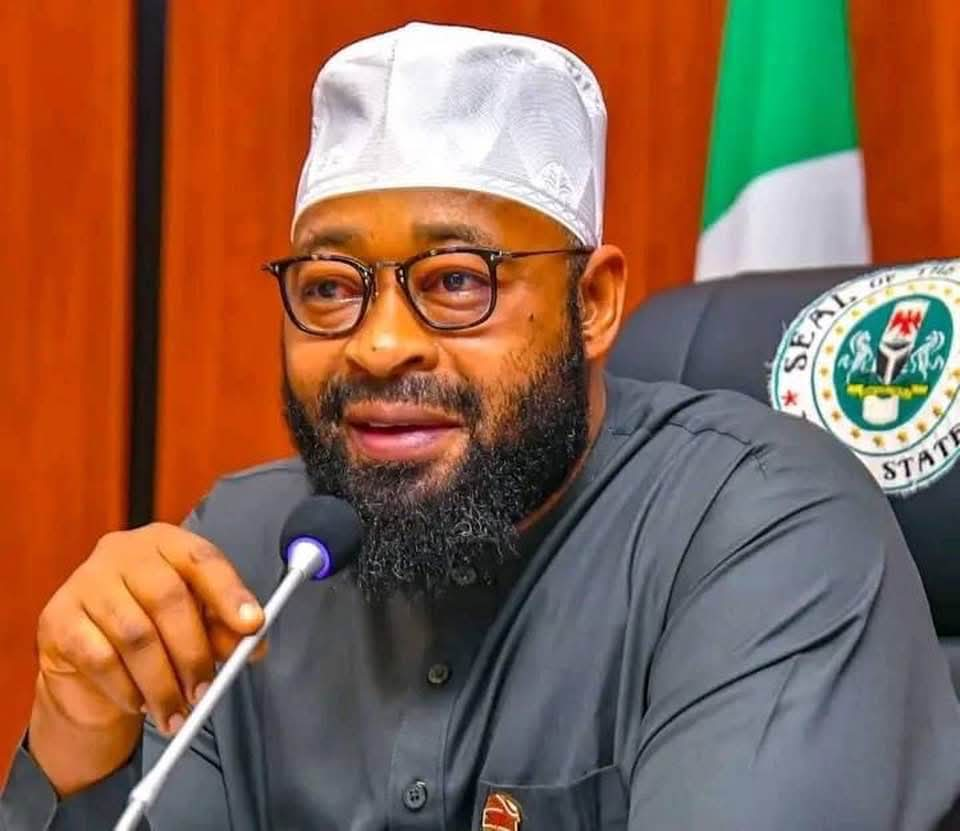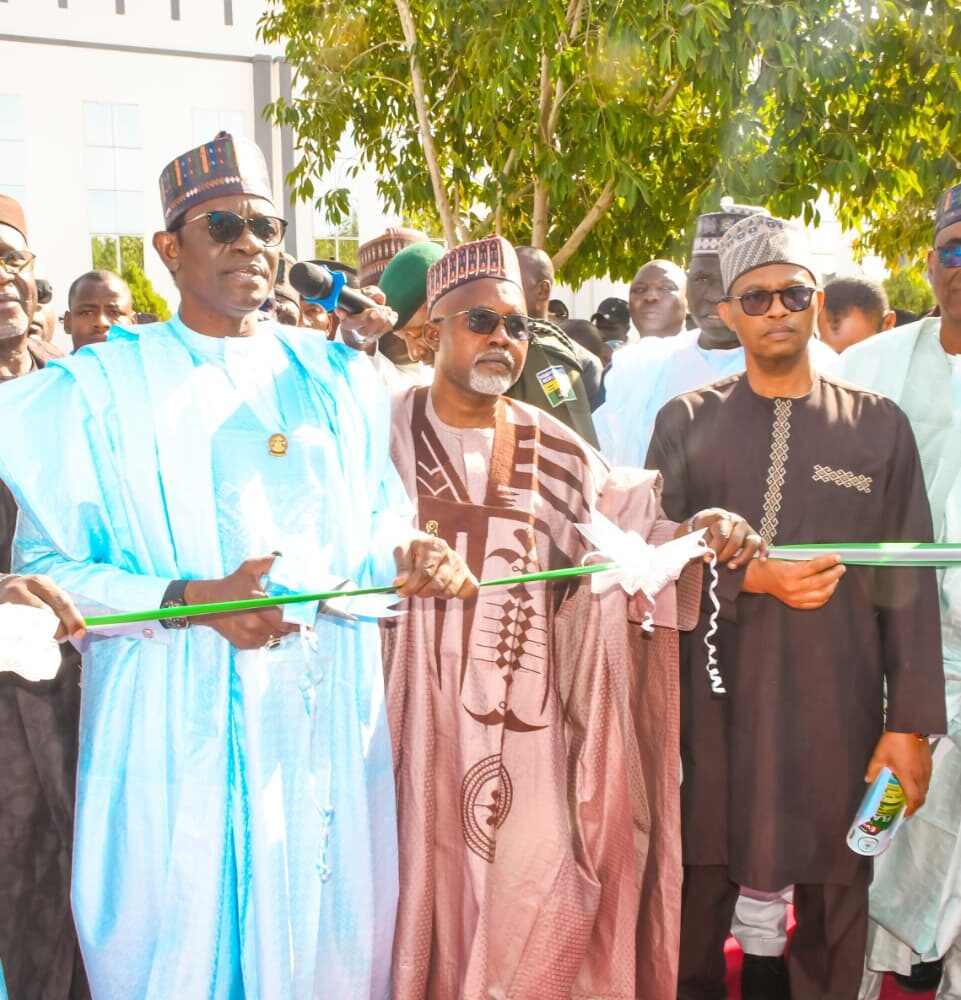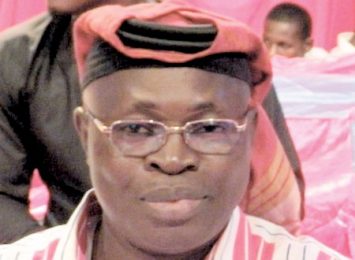The Executive Secretary National Human Rights Commission (NHRC), Tony Ojukwu SAN, has proposed a quarterly dialogue between the Commission and the oil and gas industries to address issues of oil spillage and other associated human rights violations in the Niger-Delta region.
Ojukwu recommended the dialogue as a way to mitigate peculiar forms of human rights violations in the oil-producing region of the country when he received a delegation from Shell Petroleum Development Company (SPDC) of Nigeria on a courtesy visit to discuss human rights friendly exploration practices in host communities.
The Executive Secretary hinted that the quarterly dialogue could go a long way to stem the recurrent issue of oil spillage bearing in mind that the dialogue will provide an avenue for open discussions by stakeholders where important issues will be tabled and adequately addressed by relevant authorities.
“You have everything to gain from engaging with the Commission because we believe in the principle of fair hearing and accountability. Letting us know what the issues are and how they can be effectively addressed will reduce a lot of human rights violations, thereby granting you a safe working environment”He said.
The human rights Boss further stated that oil spills/pollutions have a direct impact on human rights and livelihood; that is why the oil and gas industries need to mainstream human rights in their operations as stated in the voluntary principles for human rights and business.
Ojukwu who decried the use of law enforcement agencies by oil companies to harass and intimidate members of the host community advised them to develop a means of reducing impunity and injustices suffered by the less privileged in these communities.
Earlier in her remark, the leader of the delegation who is also the Head NGO Relation, Human Rights and Crisis Management, Mercy Elegbe stated that they were in the Commission to interact and notify Management on SPDC’s human rights program with the mandate to create human rights awareness for their staff and contractors alike.
According to her, part of the reason for the visit was also to show SPDC’s commitment to the development of the country through their corporate social responsibilities in the area of education, such as scholarships programs which cut across the country, health and insurance schemes, support to SMEs, etc.
She further stated the readiness of SPDC to collaborate with the Commission to build a strong human rights environment for Nigerians especially those in the host communities.
The Head of Oil Spills Response, Usman Anibasa who gave an overview of the work of SPDC and their challenges via zoom, disclosed that 90% of oil spills are usually caused by members of the host communities, and this is usually due to pipelines vandalism and oil bunkering.
In his contribution, Human Rights Issues and Crisis Management Adviser of the Company, Francis Asuk, stated that his organization is committed to respect for human rights and business, however, they are exposed to high risks of violations by members of the host communities.





